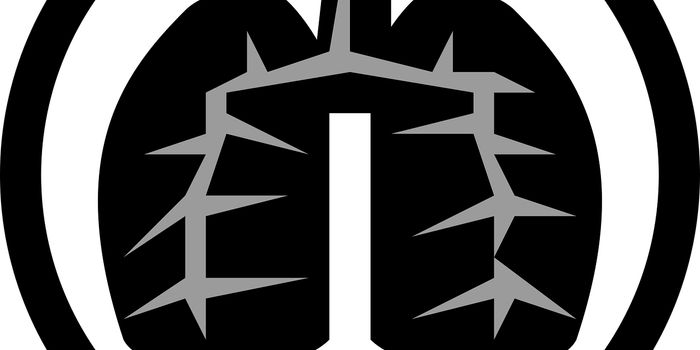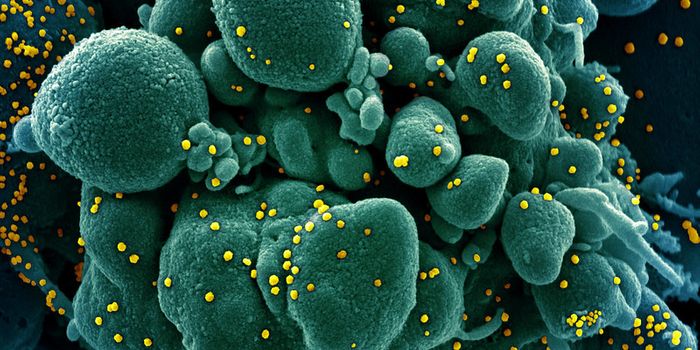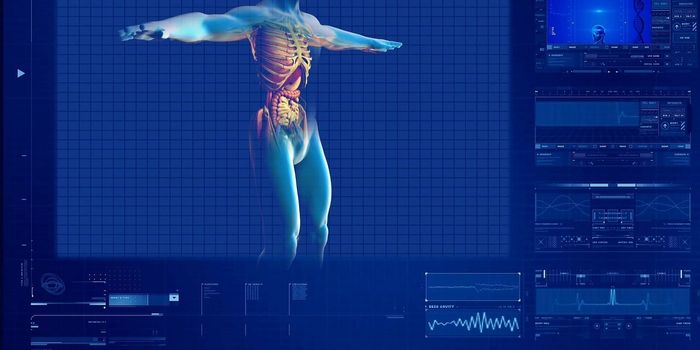Algorithm-Based Blood Test Diagnoses Autism
As a developmental disorder, autism spectrum disorders (ASD) can be diagnosed as early as 18 to 24 months of age, but often the diagnosis does not come until a child is four years old. This is due to a dependence on clinical observations, but a new Rensselaer Polytechnic Institute shows the promising opportunity for an algorithm-based blood test to help clinicians make an ASD diagnosis as early as possible.
ASD is defined as a developmental disorder affecting communication and behavior, with those affected having difficulty in various social situations:
- Interaction with other people
- Restricted interests and repetitive behaviors
- Inability to function normally in school, work, and other social contexts
Just under two percent of children are diagnosed with autism, and when children are diagnosed early in life, they receive the opportunity to engage in early intervention services. Treatment for ASD can be used for relieving irritability, aggression, repetitive behavior, hyperactivity, attention problems and anxiety and depression. Children diagnosed with ASD can also benefit from behavioral, psychological, and educational therapy.
Lead author Juergen Hahn developed his algorithm-based test not to take over as the reigning technique for diagnosing ASD, but to accompany a clinician’s diagnostic process to diagnose children as early as possible. The test is based on specific metabolites identifiable in a blood sample. Hahn says the test is “extremely promising.”
As opposed to looking for just one major biomarker indicative of ASD, Hahn set out to look for a panel of metabolites that were linked to two cellular pathways already associated with ASD: the methionine cycle and the transsulfuration pathway. His 2017 study included data from 149 people, half of which had already been diagnosed with ASD.
Hahn analyzed data on 24 metabolites related to the two pathways and used his results to design a predictive algorithm. Then, he used that algorithm to correctly identify 96.1 percent of all typically developing participants and 97.6 with an ASD diagnosis.
In the new study, Hahn tested the algorithm in a fresh dataset, containing data from 154 children with ASD. The predictive algorithm correctly identified autism with 88 percent accuracy. The reason for the missing percentage points? In the new study, only 22 out of the 24 original metabolites were included.
"The most meaningful result is the high degree of accuracy we are able to obtain using this approach on data collected years apart from the original dataset," Hahn concluded. "This is an approach that we would like to see move forward into clinical trials and ultimately into a commercially available test."
The present study was published in the journal Bioengineering & Translational Medicine.
Sources: National Institute of Mental Health, Rensselaer Polytechnic Institute









